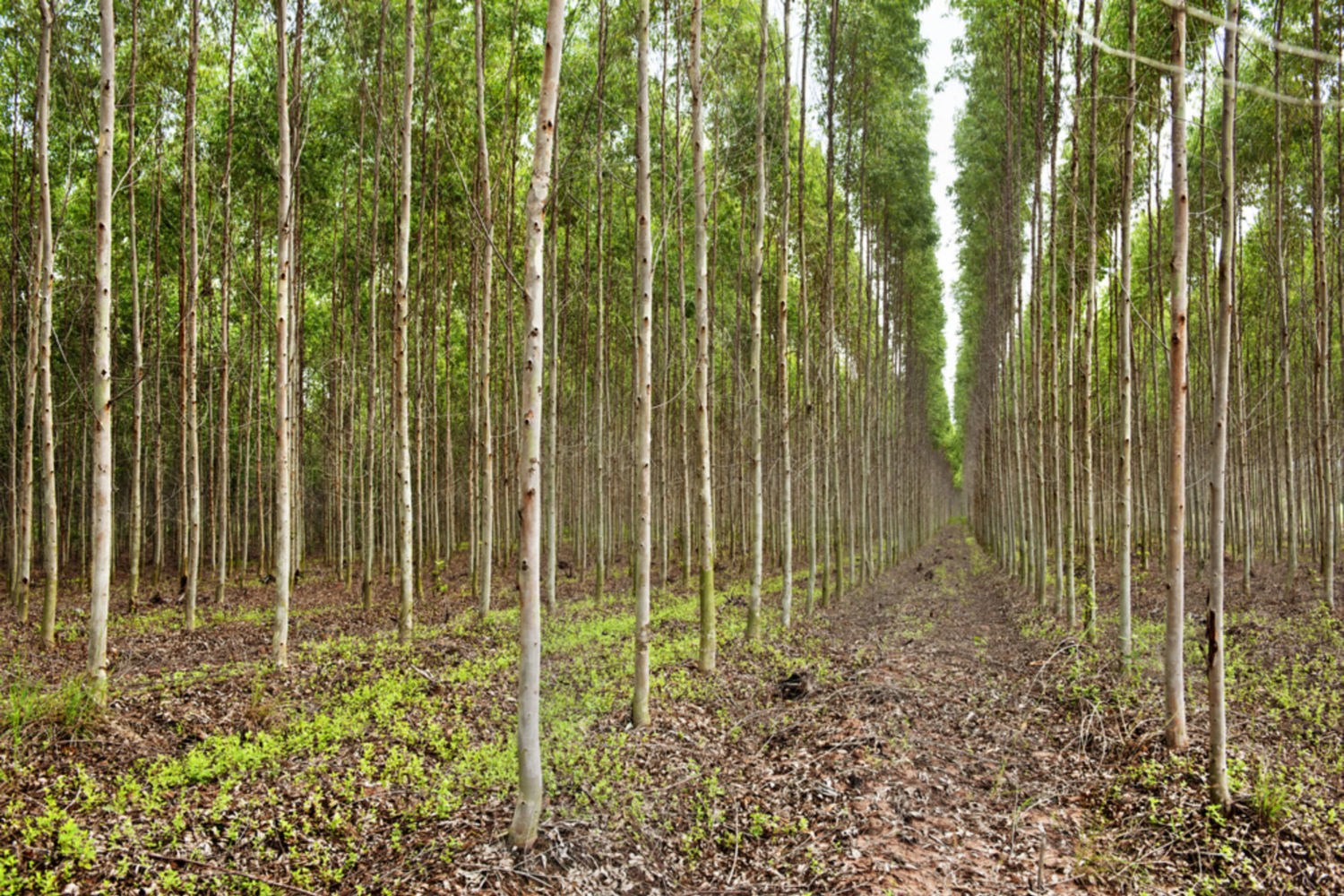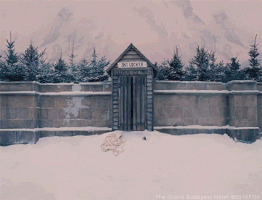Introductory tangent (skip if you have no interest in philosophical musings):
In what are often called 'Plato's early dialogues' we find Socrates discussing various concepts with his interlocutors: courage, friendship, knowledge, etc. The interesting thing about these 'earlier' dialogues is that they tend to end in what is called 'aporia' in Greek, something Plato has Socrates describe as a 'torpedo's shock' in the Meno (as in the electric ray, not the bomb). By ending these discussion in this manner it suggests that eventhough there might be no definitive answers to these questions about the meaning of courage, friendship and knowledge, it is still worth to discuss them.
This post is written in a similar vain: not a definitive answer but an attempt at a distinction that is probably insufficient in many ways, but hopefully worth exploring none the less.
Weirdness from Kansas
While reading Knock! I came across this blogpost by Emmy Allen about how one should determine what is 'Normal' and how you should deal with the 'Weird' in RPGs. You should definitely read it yoruself, but a quick summary of the main point is:
- Everything players can do, especially during character creation, is Normal.
- In fatastical settings players should explore the Weird.
- The Weird should be clearly demarcated: you enter the dungeon, you enter the wilderness, you enter the plane of fire, etc.
- The person running the game should thus not stick to the 'legitimate' options that players have, but use different abilities and rules if they want to emphasize the weirdness.
What is interesting about this understanding of weirdness and normality is that it is neither based on real world nor setting baselines, but rather on the experience and expectations of players. This means that the most gonzo settings can still have a Normal and a Weird from the player's perspective and have places of exception, of a different kind of Weirdness that falls outside of the weird that is to be expected.
The Odd
While reflecting on this it seems to me that most of the Weird falls in the category I would like to call 'Oddness'. To me, Oddness is about exceptions, a breaking of rules and often singular: a (kind of) monster that can do something unique, an item that can break the rules and locations with unique effects. Basically if something is weird because it is doing something it normally shouldn't I would call it Odd.
Oddness is a great source of Weirdness, because it is inherently something you can place outside of the player expectation. Even when games heavily lean into Oddness on a player level, it is so easy to come up with stuff that players can't access from the start that there is still room for Weird in the sense that Emmy Allen talks about.
However, I wonder if we are perhaps relying a bit too much on the Odd, as there is another source of Weirdness that I find is a bit underserved, especially in fantasy:
The Even
Eveness is about repetition, uniformity of rules and is all-encompassing: hivemind orginizations such as insect societies or even just brain washing cults, artificial intelligence or some sort of monster that is unable to deviate from its rigid protocol, and almost everything people associate with kafkaesque (though Kafka has written about plenty of Oddities as well) are great examples of the Even.
Eventhough the Even is difinitely something that could function as a source of Weirdness, I understand why it is in my experience drawn from less frequently than the Odd for Weirdness: it is inherently harder to create variety.
If the point of a place or thing is that it follows a universal logic, that exceptions become less and less prevalent and that everything becomes more and more the same, it stands to reason that such a thing might become bland. I think this is why all the examples I can come up with are obstacles and threats as opposed to adventure locals. These have a risk of becoming far too predictable if you make them Even. Still I think there is room for more Even Weirdness in fantasy games.

There is one potential source of Even Weirdness that is perhaps somewhat underutilized in fantasy games: The Gods. Especially in games where Gods have strict domains it makes sense for them to be completely absorbed by this singular understanding of the world: War Gods want War, Harvest Gods want Harvest, but I think we can do weirder and possibly even Weirder in the sense Emmy Allen is talking about, if we use a looser sense of assiociation. This is exactly how I would like the divine to work in Mankement, so here are some examples of Even Gods that people in Mankement worship:
D6 Even Gods
- Ypsuron, fungal God of health, community, timeliness and decomposition.
- Wants: decomposing corpses, medicinal herbes, building communities, timely harvests
- Abhors: Undead, the diseased, traitors, corpse disturbers
- Wiridia, lunar God of tides, menstruation, secrecy and moderation
- Wants: silver disks, white animals, keeping secrets, menstrual blood
- Abhors: killers of wolfs, overfishing, making false promises, lycans
- Wants: silver disks, white animals, keeping secrets, menstrual blood
- Xythia, just God of punishment, war, learning and redemption
- Wants: admit mistakes, knowledge, participation in public punishment, your own blood
- Abhors: cowards, warcriminals, frequent offenders, book burners
- Wants: admit mistakes, knowledge, participation in public punishment, your own blood
- Zjadesh, gating God of protection, hospitality, ownership and travel
- Wants: organizing larges feasts, returning lost items, shields, granting public access
- Abhors: turning people away, thieves, defilers of doors, the greedy
- Wants: organizing larges feasts, returning lost items, shields, granting public access
- Voglumn, pouring God of gifts, cleanliness, pottery and returning favours
- Wants: selfless giving, black pottery, burning of oil and many, many thanks
- Abhors: the wasteful, the thankless, the dirty, ugly pottery
- Wants: selfless giving, black pottery, burning of oil and many, many thanks
- Ulmeth, solar God of hearths, honesty, vitality and eternal return
- Wants: firewood, good faith debates, determination, golden disks
- Abhors: liars, the weak, empty hearths, the fickle
- Wants: firewood, good faith debates, determination, golden disks

If the divine is a source of Even, Blessings might be another place where we can introduce this kind of Weirdness to players in play:
D6 Even Blessings
- Sleepless (lose the need for sleep as well as its benefits)
- Bane of the Odd (magical and other Odd effects do not affect you)
- Contagious Laughter (when you laugh or smile people can't help but do the same)
- Homogenizing Touch (for as long as you touch someone they will become more and more like you)
- Word of Law (make a rule: everyone that can learn it must obey it for one day)
- Liberating Visage (those who look upon you can no longer distinguish the different things within their view, becoming effectively blind).
A lot of these blessings might as well be items and the idea of divine artifacts is a trope of fantasy that I would like to make variations on. Here are some takes on Even relics:
D6 Even Relics
- The Unchanging Blade: A sword that cannot be altered and cannot alter the world.
- The Rythm of Life: A drum that, when played, has all living things move in time
- Ptolemeic Soap: A bar of soap that makes everything you wash with it appear in its ideal form: spherical
- Unclouding Thurible: A thurible that holds an eternal fire. Smoke coming off of it causes people to be unable to think exceptions for as long as they breath in the smoke.
- Recutting Scissors: A pair of scissors that reattaches things that got forcefully separated.
- Divine Aroma: A bottle of parfume. Its contents cause everything to smell identical.


As mentioned above, the main thing I struggle with is to create interesting Even adventure locations. Even places do make nice obstacles to cross: oceans without wind or current, monoculture forests where nothing edible grows, and of course desserts are great exampels of Evenness. To make these spaces a bit more Weird, here are some Even plants that could grow in such places:
D6 Even Plants
- Dodecafronds: These flowers always have exactly 12 petals, no matter what happens to it. Juicing these petals produces a putrid paste that is gross but edible.
- Legion Vines: Vines that grow around objects only to turn those into more vines. Their growth
- Ringer Trees: Trees that are all identical down to the scars on them. Some of them are younger than others. If you snap a branch of a younger one, a scar appears on the older versions.
- Sunloathers: Flowers that grow in the shade and look directly away from the sun, eventhough they aren't in direct light. If turned towards them they immediately welt.
- Lacking Pitchers: Huge pitcher plants that grow on barren lands. Their pitchers are empty and stay that way, no matter what you try to put inside it.
- Floating Pads: These lilypads stick to the surface of the water, no matter how much force you apply on them.

I am aware that this Odd/Even split is really forced and might not be very useful outside of what I have in store for Mankement, but in case some of these ideas are useful to other people as well, I thought I would share them none the less.
If this distinction between Odd and Even does make sense to you, I invite you to make some tables with Even stuff yourself, because (again) I feel like this kind of weirdness is grosely underrepresented.
Such an interesting observation. Now that I think of of it, even weirdness is hugely important for a setting to keep my interest. Places like Abarat, the hub from Kill 6 Billion Demons, and the offputting settings from the Twilight Zone all check the right boxes.
ReplyDeletePerhaps interesting locations are about making interesting dynamics between even patterns?
Thanks for reading!
DeleteDynamics between patterns could probably work yeah.
Themes of contagion might also work, something like the spiral curse from Uzumaki by Junji Ito might work well: A bunch of variations on the same theme.
Ooh, or perhaps the trick is to have a very high density of different weirdnesses(not a word?). Thinking about the Twilight Zone, part of what kept it so palatable was the change of setting each episode. In game, that could be lots of vignettes, or just tons of locations.
Delete